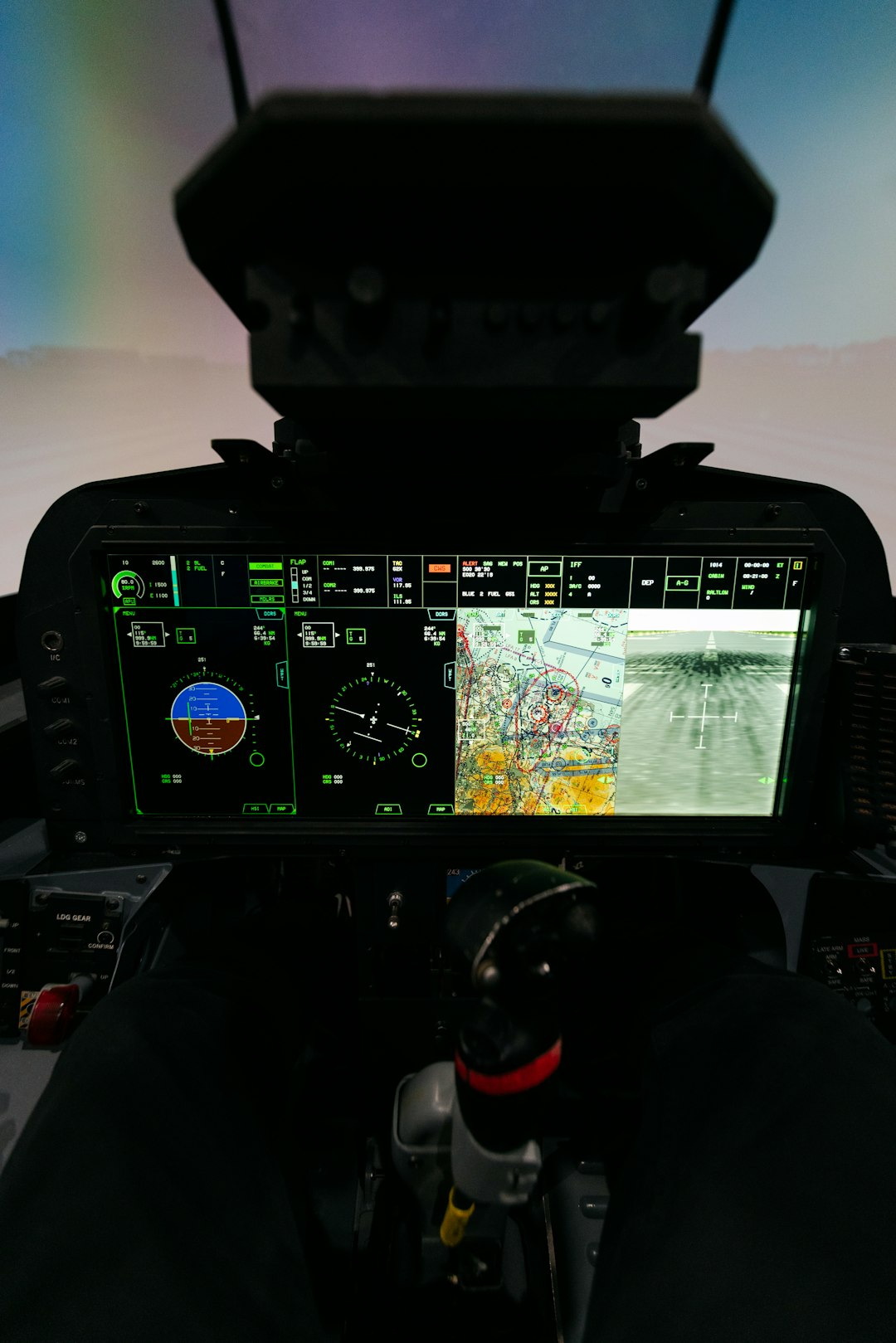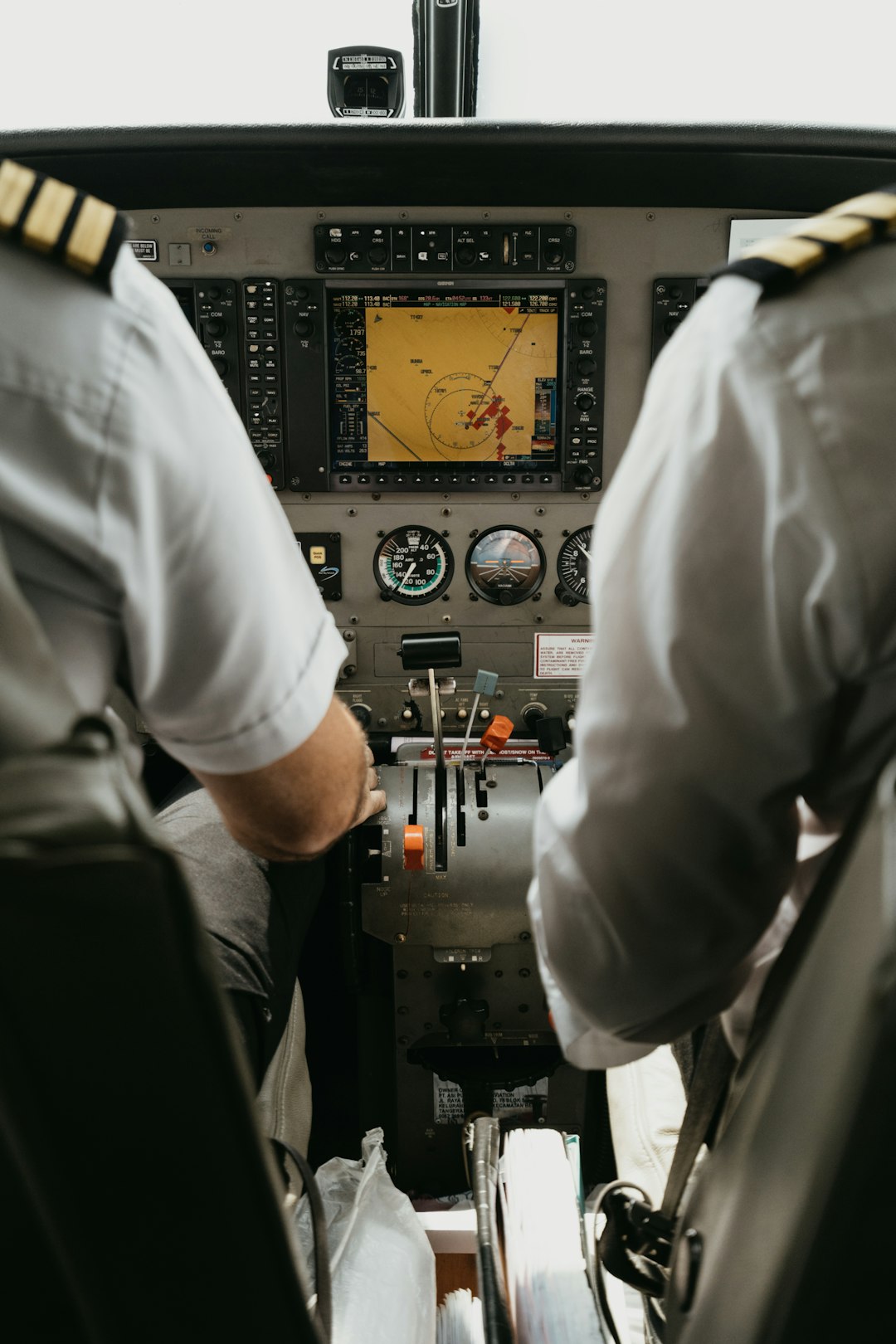In the aviation industry, where safety, precision, and up-to-date knowledge are paramount, acronyms abound. One such acronym commonly encountered is LMS. In aviation, LMS stands for Learning Management System. This term refers to a software application or web-based technology that is widely used to plan, implement, and assess a specific learning process. The importance of an LMS has grown significantly within aviation as the industry becomes more reliant on digital tools for training, certification, and regulatory compliance.
Importance of an LMS in Aviation
Modern aviation relies heavily on training personnel to uphold safety standards, comply with international regulations, and adapt to rapidly evolving technology. A Learning Management System is an essential tool used by airlines, aircraft manufacturers, and aviation training providers for the following reasons:
- Efficient Training Delivery: LMS platforms allow for the standardized delivery of content to pilots, engineers, cabin crew, and ground support personnel worldwide.
- Regulatory Compliance: Aviation authorities such as the Federal Aviation Administration (FAA) and the European Union Aviation Safety Agency (EASA) require strict adherence to training schedules and qualifications. An LMS helps ensure all training is recorded and compliant with these regulations.
- Progress Tracking: Training managers can easily monitor the progress of learners and identify areas where additional instruction may be necessary.

Features of an Aviation-Specific LMS
Unlike generic LMS platforms, those tailored for aviation needs include specialized features aimed at enhancing safety, technical accuracy, and compliance. These features may include:
- Certification Management: Automatic tracking and notification for expiring licenses or qualifications.
- Course Version Control: Ensuring that learners always have access to the most recent training materials, which is critical in aviation where regulations and procedures frequently change.
- Simulation Integration: Integration with flight simulators and other technical training equipment to coordinate theoretical and practical instruction.
- Multi-Language Support: Given the international nature of aviation, LMS platforms often support multiple languages to accommodate global personnel.
These capabilities make LMS tools critical not just for internal training purposes, but also for passing safety audits and maintaining the trust of regulatory bodies and passengers alike.
Applications of LMS in Different Areas of Aviation
The scope of LMS utilization in the aviation industry extends beyond just flight crew training. Here’s how it applies across various departments:
- Pilot Training: Continuous learning modules for new aircraft types, emergency procedures, or new policy implementation.
- Aircraft Maintenance: Technical instruction for engineers and mechanics about new systems, parts, or diagnostic technologies.
- Cabin Crew: Safety drills, customer service training, and updates on health and hygiene standards, especially during ongoing global health events.
- Ground and Airport Staff: Security training, operational updates, and baggage handling protocols.

Benefits of Using an LMS in Aviation
The advantages of deploying a Learning Management System in aviation extend to both operational efficiency and safety outcomes. These benefits include:
- Consistency: Uniform training across all locations ensures that procedures and safety protocols are understood and applied similarly everywhere.
- Cost Savings: Reduces the need for in-person seminars and printed materials, allowing for more budget-friendly training programs.
- Scalability: Enables airline operators to onboard new employees or introduce compliance updates quickly and across multiple bases or countries.
- Immediate Accessibility: Critical training materials can be made available on-demand, which is particularly useful during emergencies or rapid operational changes.
Future of LMS in the Aviation Industry
As aviation continues to embrace digital transformation, the strategic role of LMS platforms is expected to expand. With the integration of technologies such as Virtual Reality (VR), Artificial Intelligence (AI), and mobile learning, LMS tools will become even more personalized and effective. This evolution will further enhance safety standards, operational integrity, and workforce readiness across the globe.
In conclusion, the full form of LMS in aviation — Learning Management System — encompasses far more than just software. It represents a cornerstone of modern aviation safety and competency, ensuring that everyone from pilots to mechanics receives the training and support necessary to keep the skies safe and efficient.



